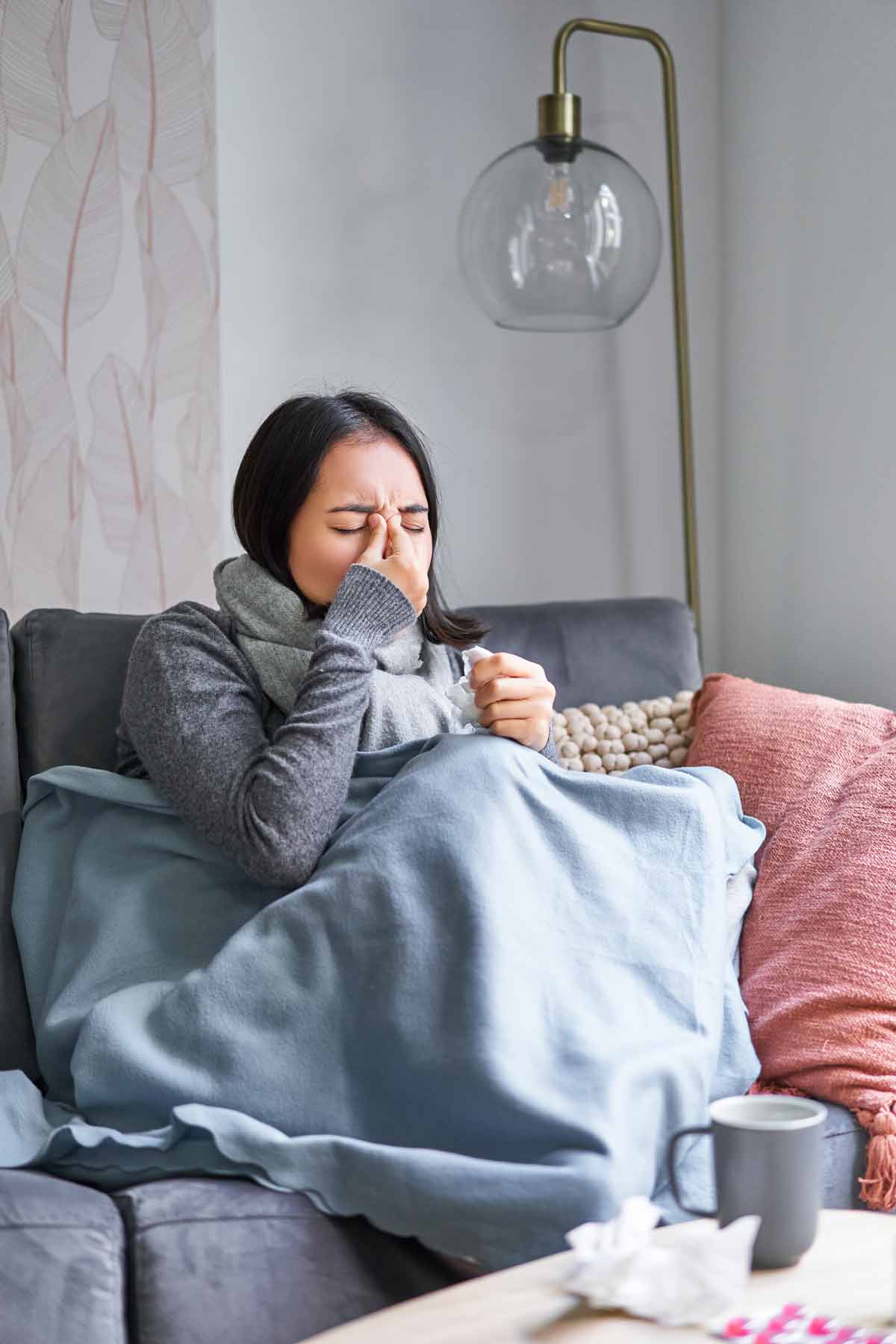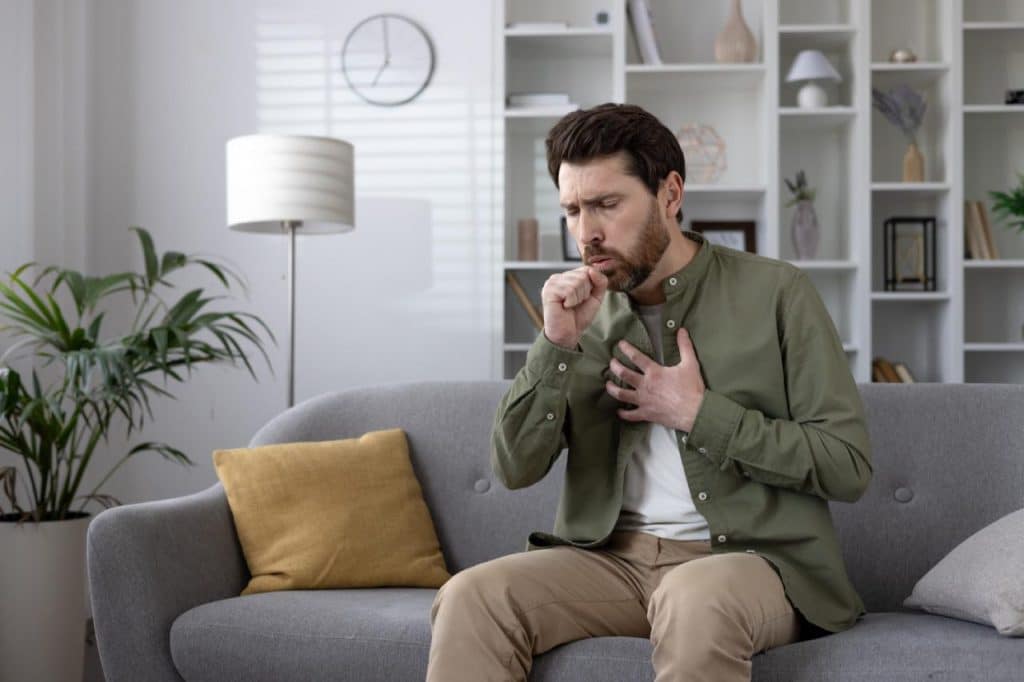
Pertussis, or whooping cough, is a highly contagious bacterial infection caused by Bordetella pertussis. Australia’s robust childhood vaccination program has significantly reduced the incidence of this disease; however, the need for booster doses remains vital, especially for adults. This is particularly relevant for individuals who interact with new families or travel frequently.
The Australian Immunisation Handbook recommends that adults receive a booster dose of the pertussis vaccine every 10 years, in addition to any catch-up vaccinations if doses were missed during childhood. Expectant mothers can access a Queensland Government-funded pertussis vaccination during pregnancy. Some hospitals and health services restrict access to newborns for individuals who are not up to date with their pertussis vaccinations, emphasising the critical nature of this disease. While these vaccinations may not always be government-funded, it is advisable to consult your GP to determine what is appropriate for you.
Travellers should be particularly mindful of their vaccination status when planning trips. Certain destinations may report higher incidences of pertussis, and being vaccinated can help mitigate the risk of contracting or spreading the disease. If you are uncertain about your immunisation status, check your records on the Australian Immunisation Register and consult your GP about whether you might need a booster dose for pertussis or other vaccines. We recommend scheduling an appointment at least six weeks before travel with one of our experienced travel doctors to allow time for any vaccination courses that may require multiple doses.
General practitioners have observed an increase in pertussis infections in Queensland and New South Wales this year. In response, we are maintaining vigilance through frequent testing of patients exhibiting respiratory symptoms. These tests screen for a variety of infections, including COVID-19, influenza, and RSV, as well as pertussis when appropriate. The rising public health concern regarding this preventable disease may indicate a decline in vaccination rates, which is troubling.
We encourage you to contact us to discuss your health and preventative needs. As we navigate a post-pandemic world of travel and social interactions, it is essential to remain vigilant in protecting ourselves and our communities. Together, we can ensure that everyone stays informed and up-to-date on their vaccinations.

